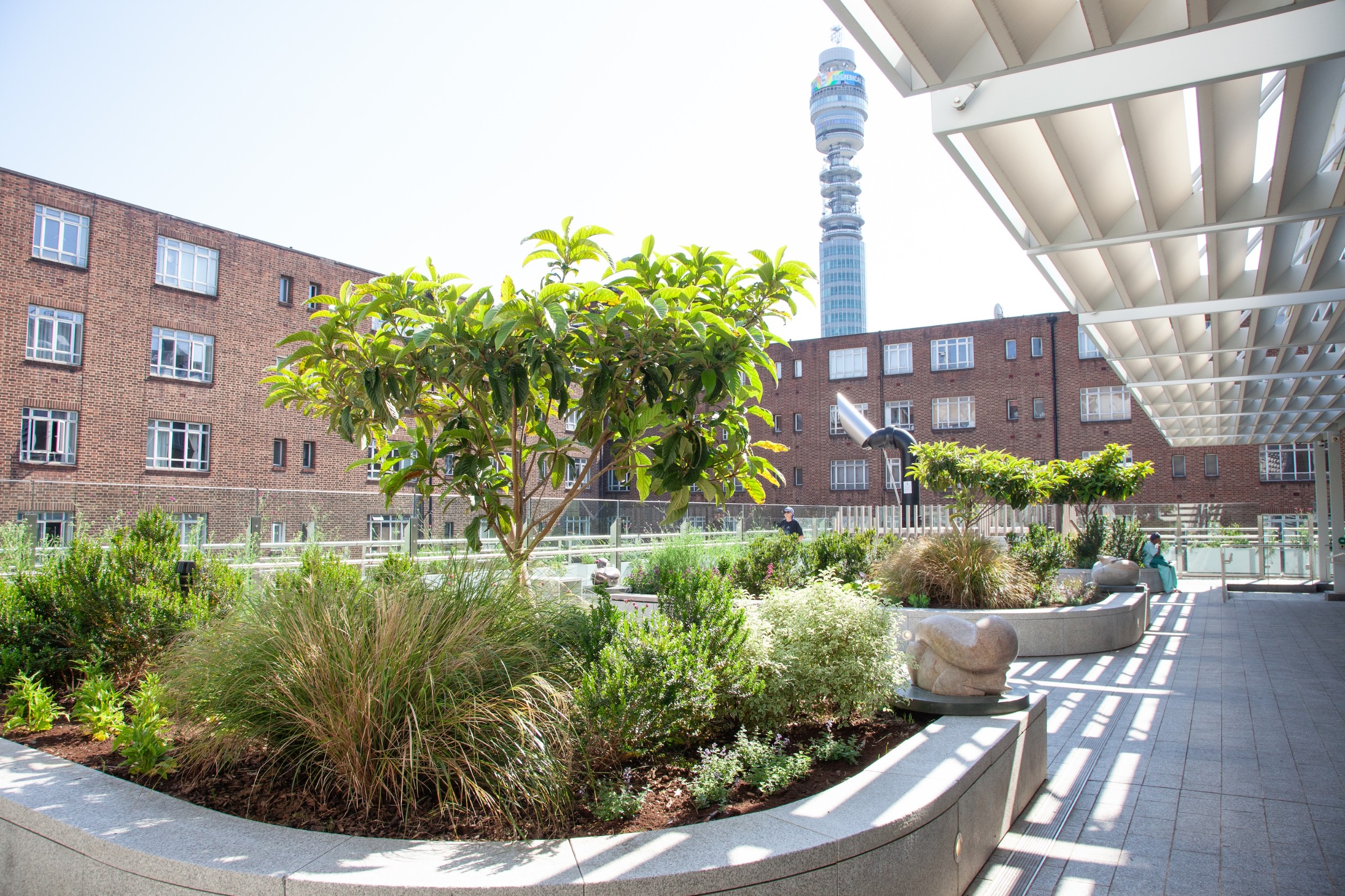
What we fund
Find out more
Items in Cart (0)
UCLH Charity can trace its roots back to 1745.
UCLH Charity was established as a result of various mergers and restructures.
In April 2000, three separate charities merged; The Middlesex Hospital Special Trustees, UCH Special Trustees and UCLH NHS Charity. Between them, they can trace their history back to 1745, when the Middlesex Hospital was founded by Royal Charter as a charity.
In April 2017, UCLH Charity became independent from the Department of Health as a new charitable organisation, and is regulated by the Fundraising Regulator.
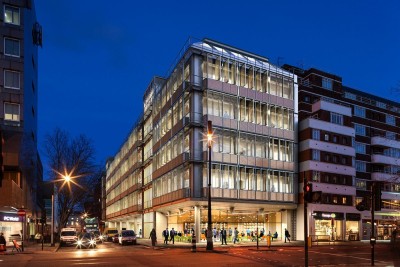
The new facility for blood diseases, surgery and proton beam therapy (PBT) was officially opened by the HRH Prince of Wales in March 2022.
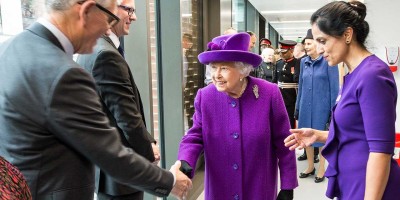
Her Majesty The Queen opened the brand new Royal National ENT and Eastman Dental Hospitals.
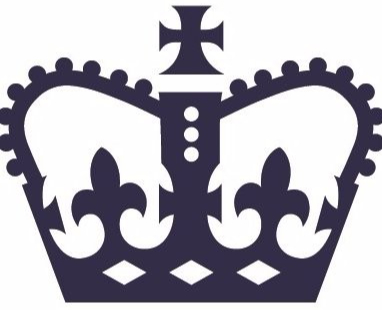
With Department of Health and Charity Commission approval, UCLH Charity became an independent charity, regulated by the Charity Commission.
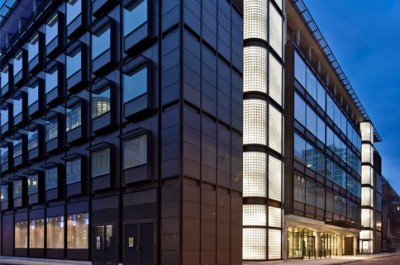
The centre was purpose built to provide patients with access to the very best treatment, support and advice using an ambulatory model of care.. We provided £6 million funding for the first PET-MR in the UK in the Cancer Centre.
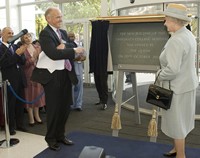
The flagship University College Hospital was officially opened by Her Majesty The Queen in October 2005. UCLH Charity contributed £4 million towards equipment for the new hospital. Staff and services moved from the Middlesex Hospital to the new University College Hospital.
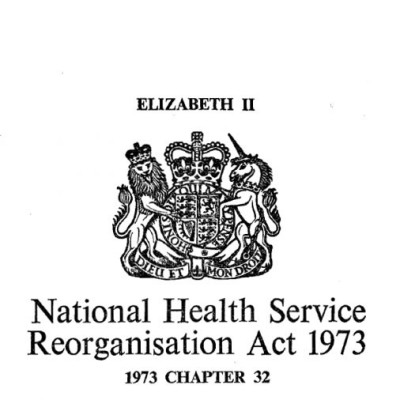
The merger of The Middlesex Hospital Special Trustees, University College Hospital Special Trustees and UCLH NHS Charity took place, to become UCLH Charities.
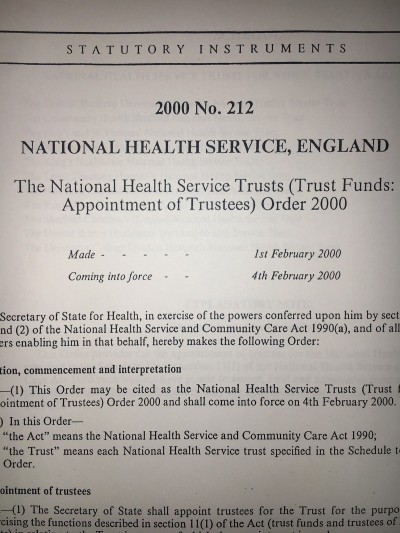
The Special Trustees were set up to manage charitable funds relating to hospitals within UCLH.
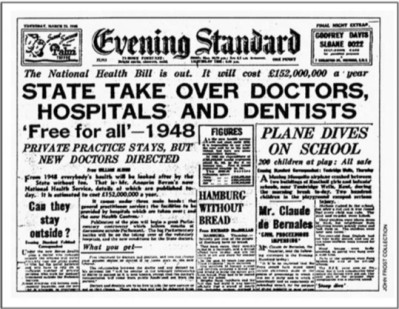
University College Hospital, The Middlesex Hospital and the National Hospital for Neurology and Neurosurgery became NHS teaching hospitals.
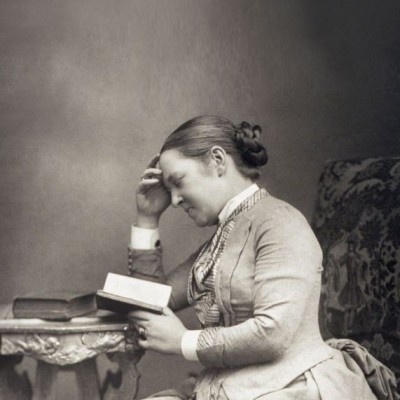
Elizabeth Garrett was determined to train as a doctor, despite the fact that this was not then a career open to women. She managed to obtain her medical degree from the University of Paris in 1871. In 1888, after significant fundraising efforts, she built a hospital for women. To commemorate her determination and achievements, in 1917, the hospital for women changed its name to the Elizabeth Garrett Anderson Hospital. Later on in 1989 the unit moved to Euston Road.
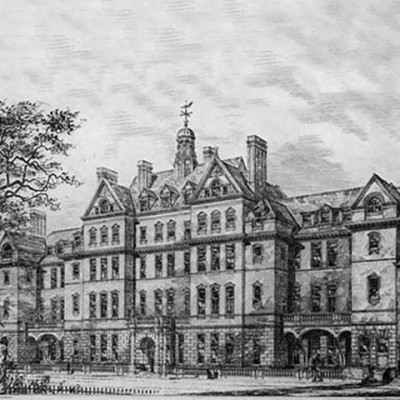
Founded by charitable subscriptions, the National Hospital for Neurology and Neurosurgery was the first English hospital to exclusively treat diseases of the nervous system.
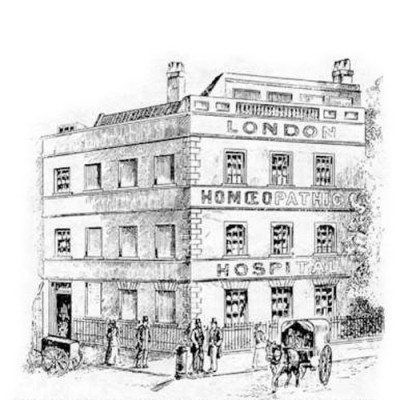
The Royal London Hospital for Integrated Medicine was established in 1849 by Frederic Quin, the first homeopathic physician in England.
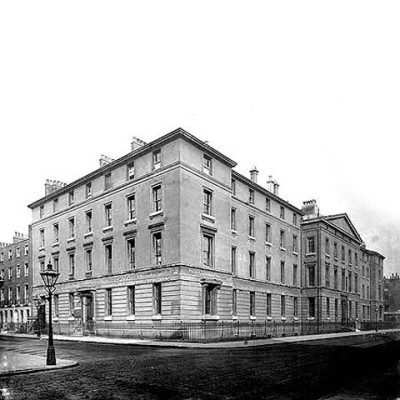
When University College Hospital (which was called the North London Hospital until 1837), opened its doors as a charity in 1834, the industrial revolution was taking its toll on health. Surgeons operated without anaesthetic until the first operation under general anaesthetic was performed at the hospital by Joseph Lister.
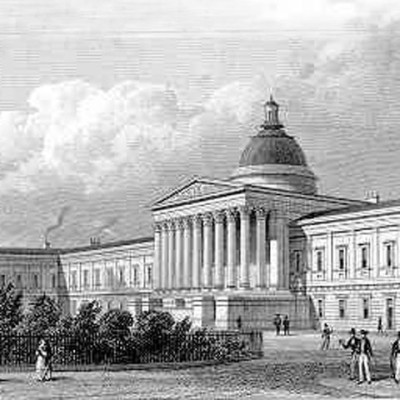
University College London was founded to open up university education to those who were not entitled to attend either Oxford or Cambridge (the only two universities in England at the time) due to their religious or social background.
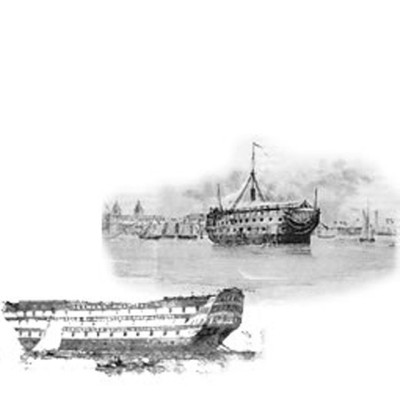
The Hospital for Tropical Diseases was established by public subscriptions in 1821. It was originally housed on an ex-naval ship moored off Greenwich, which later became the Albert Dock Hospital to care for seamen from all over the world entering the Royal Victoria and Albert Docks. In 1920 it moved to central London and became the London School of Tropical Medicine and the Hospital for Tropical Diseases.
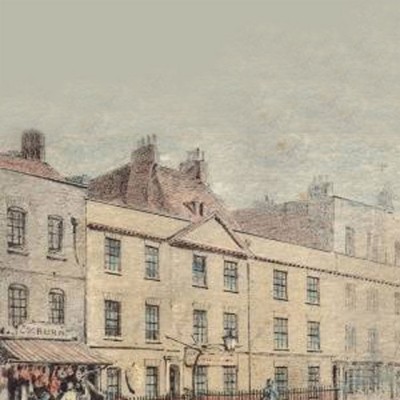
The Middlesex Hospital was founded in 1745 by Royal Charter as a charity ‘for the sick and lame of Soho’. Subscribers to The Middlesex Hospital of at least three guineas per year became Governors of the Hospital and this earned them the right not only to make decisions about the hospital but also to recommend patients. Apart from emergency cases, patients were not admitted to the hospital without a recommendation from a governor. A single payment of 21 guineas entitled a person to become a Life Governor of the Hospital.